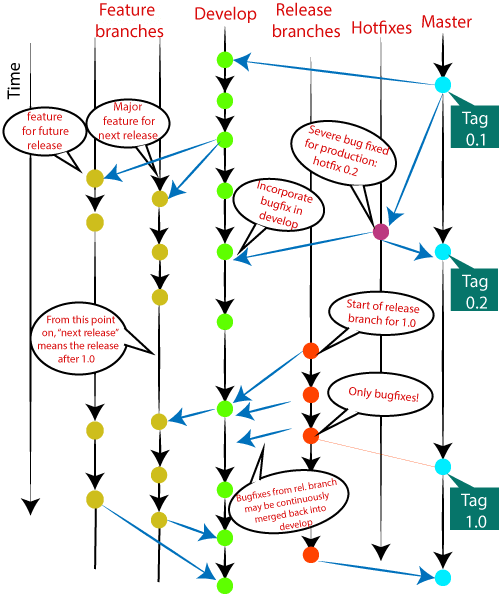

Here is what that would look like: $ git checkout -track / To do this, you should use the -track option with the checkout command, which simultaneously checks out the branch and tracks it with the remote branch.
#Git fetch a specific branch how to
You can clone a single branch (and its history) : git clonemirror is for expanding the list of refs you fetch, to include even the administrative / inflight-operation-tracking / backout refs that arent strictly part of the project history, more just the repository-specific operational metadata. You cant 'add' the name of a branch in the path like that. 1 Answer Sorted by: 0 Replace -mirror with -single-branch. Often times you'll want your new local branch to track the remote one, which is helpful for easily pulling and pushing changes. Fetch a specific branch using git git github 521 Solution 1 Like the error message tells you, git clone expects a git repository. For example: set a new remote git remote add myawesomenewremoterepo gitgit.
#Git fetch a specific branch code
Given how fetch works, the example command above will retrieve all of the code in the branch you're interested in but it won't affect any of your local branches since nothing is merged with fetch. A remote URL, which you can find on the Source sub-tab of your Git repo. If you only have one remote repo then you can omit all of the arguments to git fetch, which will retrieve all branches and updates, and then run git checkout since all remote branches are already on your system. Once everything has been downloaded from the remote repo you can then check it out to actually inspect and play around with the code. If the current active branch has a remote tracked branch set, the remote branch and remote repository are automatically selected.

Git always starts you off with a branch called master. The fetch command will retrieve the remote branch you're interested in and all related objects and references, storing it in a new local branch that you specified by the argument. The other way of getting back is more common: check out the branch you were on.


 0 kommentar(er)
0 kommentar(er)
